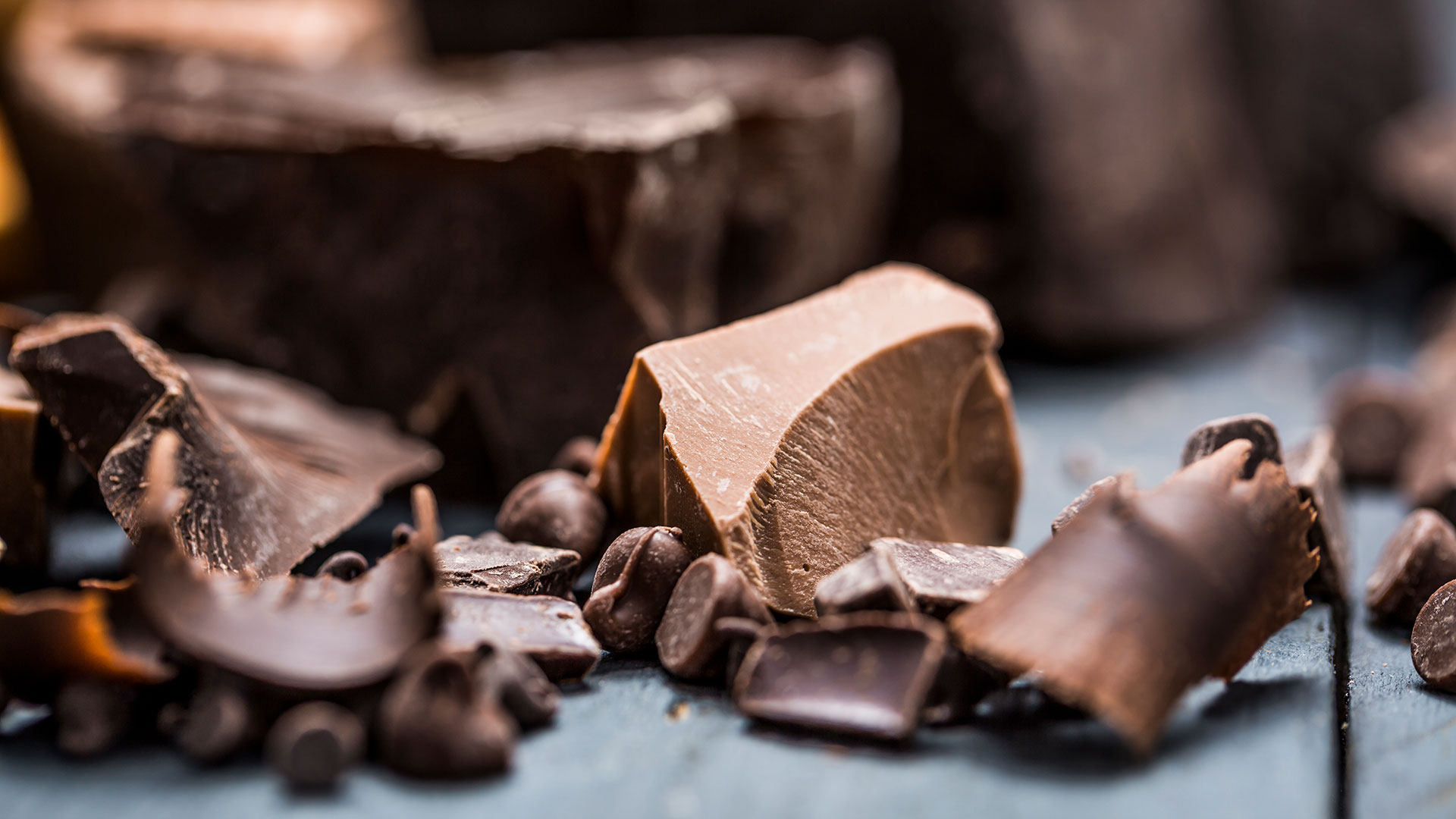So, is chocolate good for you or what?
Valentine’s Day is as closely associated with chocolate as Feb. 15 is with discounted chocolate. Whatever the price point, chocolate is not only delicious, but certain types in certain quantities can also come with health benefits. Of course, you absolutely still need to consider the sugar and fat that comes in most types of commercially available chocolate, but you already knew that.
Here’s the scoop on how and when chocolate can be good for you.
It can be heart-healthy
Plant nutrients called flavonoids are thought to help your cardiovascular system according to the Cleveland Clinic. They act as antioxidants, repairing damage and assisting with repairing damage from environmental toxins.
Not only that, but in addition to having antioxidant qualities, research shows flavanols (the primary type of flavonoid found in cocoa and chocolate) have other potential ways of impacting vascular health, like lowering blood pressure, improving blood flow to the brain and heart and making blood platelets less sticky and able to clot.
It can help stop diarrhea
No one like diarrhea, and most people like chocolate, so this is pretty great news. Chocolate has been used as a remedy for the runs since at least the 16th century, but this is more than medical mythology. It has a basis in science also. A 2005 study in the Journal of Nutrition found that chocolate did in fact work in this function.
Those cocoa flavonoids are at work again — this time binding to and inhibiting a protein in the intestines that regulates fluid secretion in the small intestines.
“Our study presents the first evidence that fluid loss by the intestine can be prevented by cocoa flavonoids,” Dr. Horst Fischer, associate scientist at the Children’s Hospital Oakland Research Institute and coauthor of the study said in a statement. “Ultimately, this discovery could lead to the development of natural treatments that are inexpensive, easy to access and are unlikely to have side effects.”
It may prevent certain cancers
This sounds a little far-fetched, but there actually is existing research into the cancer-fighting properties of chocolate. Specifically, consuming catechin — one of the antioxidants found in chocolate — appeared to be linked to lower rates of lung cancer in men in one study. Another study found that postmenopausal women who consumed the highest amounts catechin had a 45 percent lower risk of developing rectal cancer compared with those who consumed the lowest level.
Of course, catechin is also found in other foods and beverages, like pears, apples and tea, which are definitely healthier ways of getting it. It’s also important to note that dark chocolate is your best bet, as it contains the highest level of flavonoids, followed by milk chocolate (white chocolate has none).
Ideally, opt for dark chocolate with 70 to 80 percent cocoa, which per 100-gram bar also contains 11 grams of fiber; 67 percent of the recommended dietary allowance for iron; 58 percent of the RDA for magnesium; 89 percent of the RDA for copper; 98 percent of the RDA for manganese; as well as potassium, phosphorus, zinc and selenium.
So, like everything else, enjoy your chocolate in moderation — especially knowing it could actually be more than a delicious treat.












